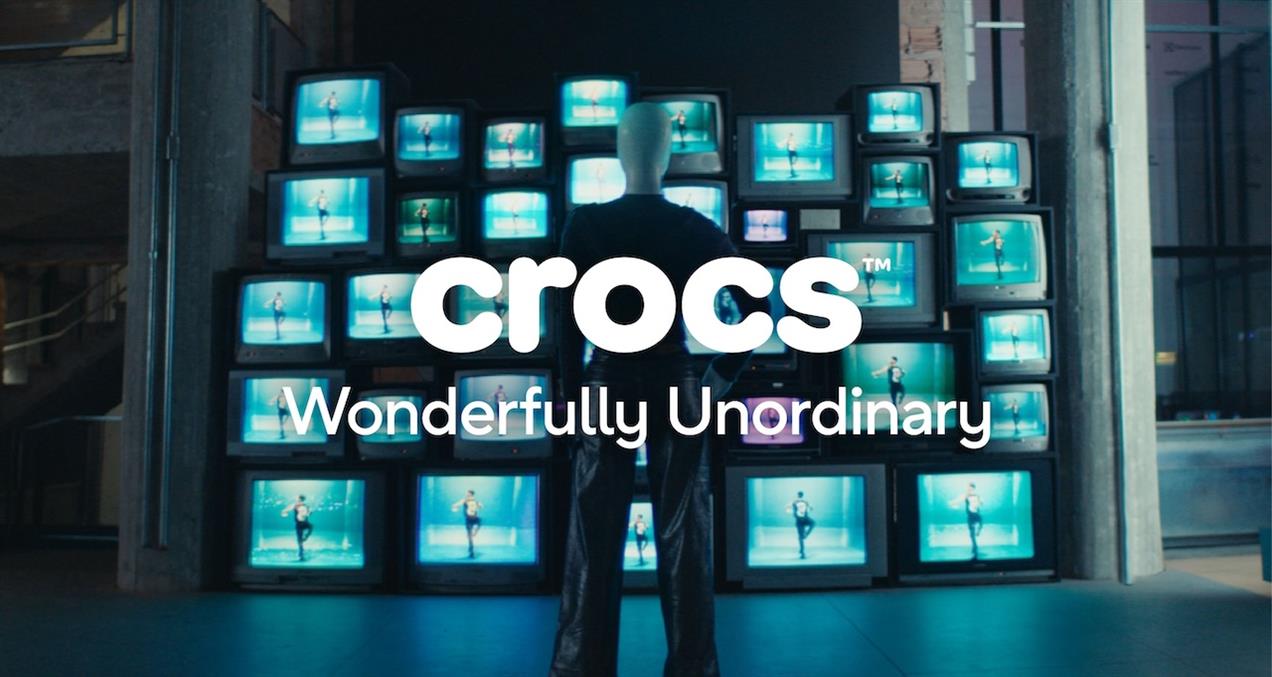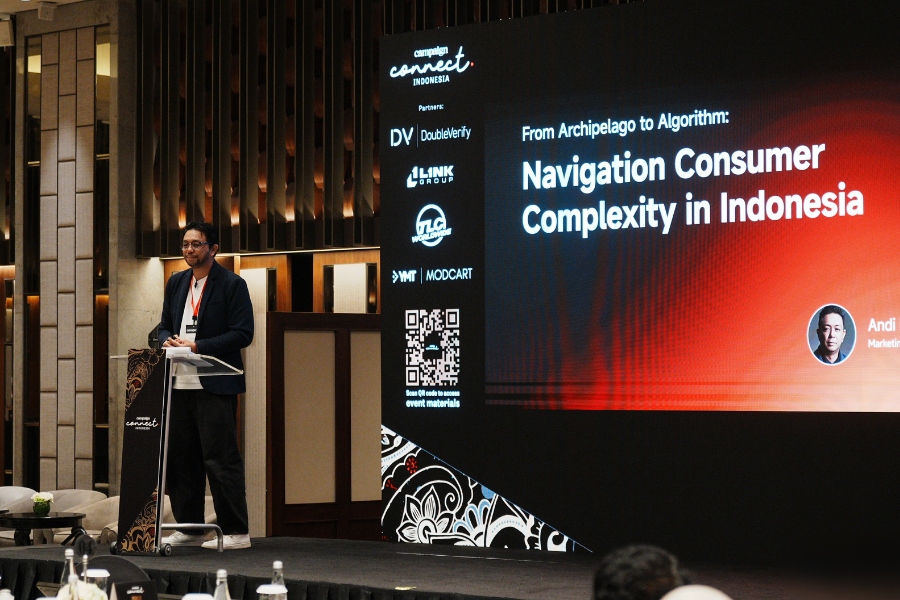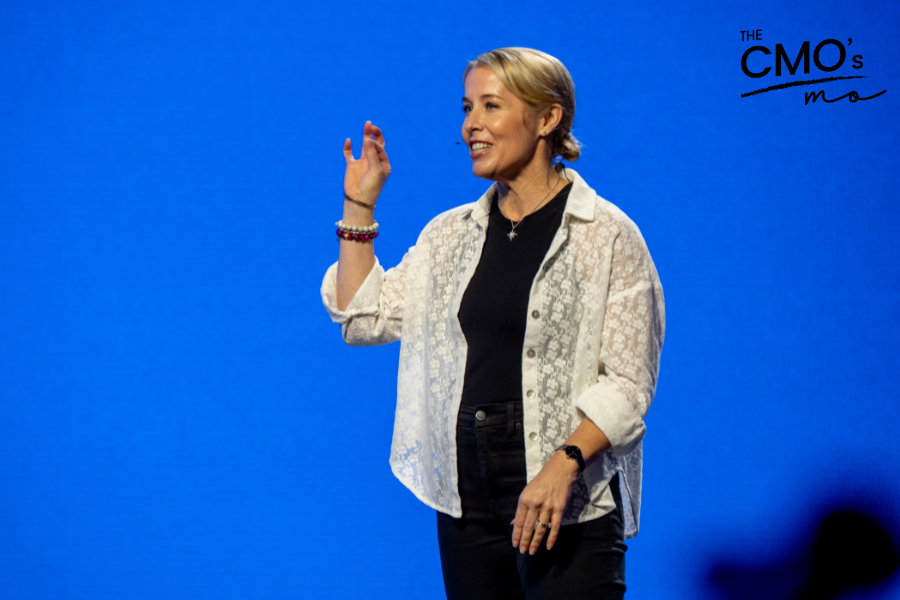When advertising agencies first emerged in the 19th century, their main purpose was to 1) broker space in media (mostly newspapers) and 2) help manufacturers create slogans and imagery to buy their products. Over the 200+ years that followed, agencies have become masters of creative storytelling and the psychology that underlies these stories, and have become increasingly adept at leveraging new technologies that enhance their delivery.
But even as they continue to enhance and hone these skills, today’s advertising industry is faced with seismic shifts and battles for supremacy that have pitted advertising, PR and strategy on a clear collision course that threatens to upset the underlying dynamics of the entire industry.
The recent battle between Accenture and WPP is just one of many examples of the sector’s ongoing upheaval and realignment. As these battles define the future landscape of advertising, agencies currently have an important opportunity to either differentiate their services by focusing on innovation in value creation and measurement across seven key stakeholders, or to futher leverage their skills to enable clients to value-wash over their non-sustainable business activities. This means that agencies need to make the existential choice to be at the forefront of sustainable business practices well into the future or to seriously impede them.
To understand just how far we’ve come and why this has become such a major opportunity for agencies, we need to go back to 1935 when the American Marketing Association published the first definition of marketing.
Rather than choosing to work with companies to help them “value wash” their efforts, the leading agencies of tomorrow have the opportunity to become deep experts and advocates in the underlying philosophy of value.
The original idea of a “marketer” was of someone who simply took a product that had already been manufactured, put a glossy sheen on it (real or imagined), and used whatever creative powers they had to convince as many people as possible to buy it.
“Marketing is the performance of business activities that direct the flow of goods and services from producers to consumers.”
In this old marketing mindset of a one-way flow of products and information from manufacturers to powerless and voiceless consumers, more products simply needed more slogans, jingles and psychological “finesse” to continue to convince the masses to buy what was on offer.
Fast forward to today where the evolution of these methods has spurred global manufacturing output to exceed $35 trillion in 2017 (projected to grow to $45 trillion by 2022). As a case in point, Gartner’s 2019 global survey of top CEOs put “growth” as the number one concern for these executives.
While this need for growth has remained strong for centuries, the tools advertising agencies employ now face strong resistance from an increasingly savvy, hyperconnected and demanding consumer base. The 2019 Edelman Trust barometer exhorted companies and their executives to recognise the growing gap in trust between companies and their customers:
“Despite the divergence in trust between the informed public and mass population the world is united on one front—all share an urgent desire for change. Only one in five feels that the system is working for them, with nearly half of the mass population believing that the system is failing them.”
With senior executives assessed on their delivery of bottom line growth, yet global consumers feeling that the basic economic system is letting them down, what role should agencies play?
One possible answer can be found in two powerful statistics from the Association of International Certified Professional Accountants who found in their May 2019 report, Value of Value, that:
- 89% of global business leaders agree on the need to focus on wider value considerations, and
- 99% of those leaders interviewed believe it’s important to explain how their organisation creates value.
Note that these statistics are coming from the Association of International CPAs and not from the world of advertising or marketing. The message that this report delivers should be chilling to anyone who still has committed themselves to a short-term, profits-at-all-costs perspective of firm management and the marketing approach it demands.
The luxury of teaching in a small business school is that I have the chance to interact with many top researchers from many different fields, and it turns out that the realisation of a need for a longer-term, value-focused mindset has already reached just about every field of business research.
Putting that together with Edelman’s findings on trust relationships, it’s no wonder that a focus on value beyond the bottom line, and the development of objective measurement and reporting tools has never been more necessary. Blackrock, one the Finance world’s strongest voices laid down the gauntlet with their June 2018 announcement explaining that they would no longer invest in any company that wasn’t objectively applying ESG (environment, social and governance) reporting standards. Japan’s GPIF, the world’s largest pension fund, laid out these same requirements as well. In April, when it launched a joint initiative with the World Bank, its executive MD, Hiro Mizuno, said:
GPIF requires all asset managers to integrate ESG into their investment analysis and decision-making. We regard purchase of Green, Social and Sustainability Bonds as direct methods of ESG integration. GPIF is committed to promote ESG integration through our investment chain in order to ensure the sustainable performance of the pension reserve fund for all the generations.
Across all sectors there is a growing focus on implementing these types of reporting frameworks, but there’s a vital ingredient missing from all of these efforts.
While ESGs, Integrated Reporting, the Global Reporting Initiative and others provide important guidance on how firms must be thinking about the creation of positive and negative value across multiple groups, as of today there are still no set guidelines for the correct way of accounting for value transparently and consistently across and between each of these frameworks.
For example, if a firm were to apply two different reporting criteria to their value-creation efforts, they would receive two completely different outcomes. Additionally, although the champions of these frameworks have done their best to remove any loopholes, in private conversations that I’ve had with leaders in this field, they quietly point out that there are opportunities for firms to gently overlook or ignore negative impacts, and highlight only those points that make them look good in terms of these reports. This brings us back to how advertising agencies can clearly add value in this important, global challenge.
As Edelman’s Trust Barometer clearly outlines, consumers mistrust what they are told. Greenwashing remains a pernicious problem related to environmental reporting and green marketing, but as these initiatives expand the focus to other stakeholder groups, it has given rise to the larger issue of “value washing”.
Like greenwashing, where companies with the help of their agencies reposition environmentally unfriendly practices as friendly, “value washing” extends this same approach to the firm’s relationships with key stakeholders. While agencies can make excellent money by applying their creative and technical skills to value wash on behalf of companies who prefer not to embrace a value mindset, especially as pressure grows on these companies to deliver actual results, another important option exists. And it’s those that choose to avoid this path and instead become champions of value-focused innovations hold the key to our collective sustainable future.
Rather than choosing to work with companies to help them “value wash” their efforts, the leading agencies of tomorrow have the opportunity to become deep experts and advocates in the underlying philosophy of value, and by integrating this with their existing capabilities, help their clients to embrace and extend this approach across their entire field of operations.
In my upcoming book, The Value Plan, I outline the seven key stakeholder groups that firms must account for their value relationships, including not only the company, its shareholders (or other financial owners) and customers, but also its employees, partners, society and the planet. If agencies can bring the full force of their creative and technical expertise to enable their clients to measure and enhance the resulting value across all of these relationships, the potential for unprecedented innovations and value-creating opportunities will dramatically increase. By becoming Value Planners, agencies have the potential to build on the creative and technical skills that they have built over the past two centuries rather than fight the infarction of PR and consulting firms into their traditional space.
With agencies taking the lead role in value planning, I envision a world in which companies are locked in competition to create the highest levels of value for each of their larger value systems. With the creative powers of agencies focused in this way, it’s only a matter of time before we’re able to innovate new avenues for value creation that will make the practices of the previous era of advertising look sadly out of touch.
Dr Philip Sugai is professor of marketing at Doshisha University’s Graduate School of Business and author of The Value Plan. You can support a crowdfunding campaign to bring the book to readers globally at www.publishizer.com/the-value-plan.











